
Full List of Samsung Update Problems and Practical Solutions

Samsung Galaxy system updates play a crucial role in maintaining your device's security, fixing bugs, and adding new features. However, many users encounter frustrating issues after installing updates, ranging from minor inconveniences like reduced performance to critical problems like boot loops. Why do these problems occur, and how can they be resolved?
This article explores the most common Samsung update problems, detailing their causes and providing actionable solutions. Whether you're experiencing touchscreen unresponsiveness or persistent errors, our guide will help you restore your device to optimal performance. For users seeking a professional fix, we also introduce a trusted repair tool for tackling even the toughest challenges.
Is the Samsung update causing problems? Of course; here are 5 Samsung recent update problems.
Update failures often stem from incomplete downloads, network issues, or inadequate storage space. Without a successful update installation, your device may not gain access to critical fixes and features.
Symptoms

Read More: Follow the 7 easy ways to get more storage space on your Samsung phone.
Battery life issues are among the most frequent Samsung Galaxy upgrade problems. New firmware may activate background processes or contain bugs that drain your battery faster than expected.
![]()
Symptoms
After an update, some devices may exhibit slower performance, delayed touch responses, or app crashes. These recent Samsung update problems usually occur due to software conflicts or unoptimized firmware.
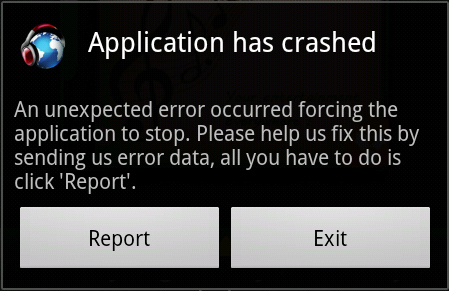
Symptoms
Essential features like Wi-Fi, Bluetooth, or fingerprint sensors may malfunction due to compatibility issues or misconfigured settings.
Symptoms
Boot loops occur when the device repeatedly restarts without fully booting up, often due to corrupted update files or system errors.
Symptoms
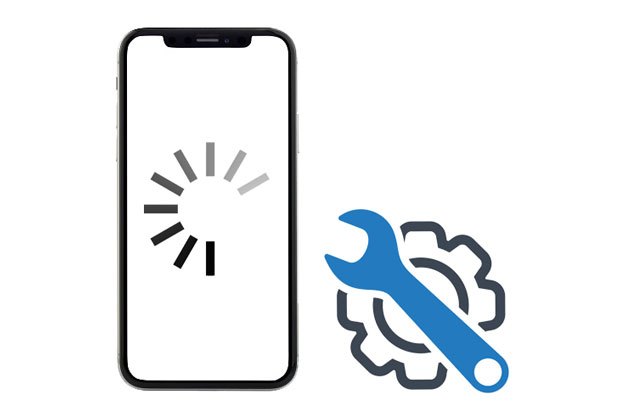
While Android software update problems can be frustrating, most problems can be resolved with the right approach. Below are detailed solutions for each common issue.
Restarting is a simple yet effective first step to fix many software glitches caused by updates. Restarting refreshes the system processes and can resolve minor conflicts.
Step 1. Press and hold the "Power" button.
Step 2. Select "Restart" from the menu. Allow the device to reboot and check if the problem is resolved.
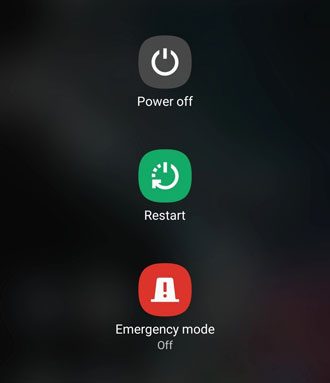
Due to improper coding, faulty applications can sometimes cause issues with the Android system. These applications may corrupt your Android operating system after updates. You can identify and resolve the problematic software by booting your phone in Safe Mode.
Step 1. Press and hold the "Power" button until the power menu appears.
Step 2. Tap and hold "Power Off" until the "Safe Mode" option is displayed.
Step 3. Select "OK" when you see the message asking you whether want to enter the safe mode and wait for your phone to restart.
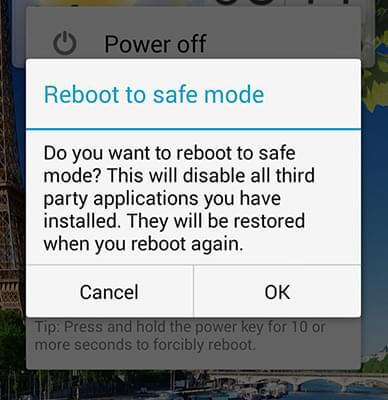
Step 4. Test the device; if the issue is resolved, uninstall problematic apps.
System cache issues may cause problems with Samsung updates. The system cache on Samsung devices is a collection of temporary files used by the phone to quickly load the system and Android applications. Updates can lead to temporary or permanent malfunctions in the system cache, or even damage some files, resulting in various issues and performance declines. You can clear the update cache to remove corrupted temporary files that may cause conflicts.
Step 1. Turn off your device.
Step 2. Press and hold "Volume Up" + "Power" + "Home/Bixby" simultaneously until the Samsung logo appears.
Step 3. Use the volume keys to navigate to "Wipe cache partition" and select it with the Power button.
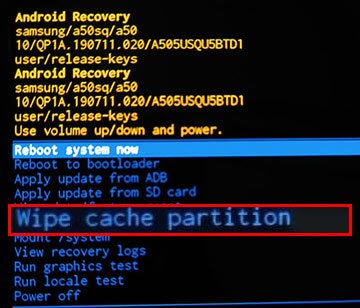
Step 4. Reboot your device.
Resetting network settings can resolve Wi-Fi and Bluetooth issues by restoring default configurations.
Step 1. Open "Settings" > "General Management" > "Reset".
Step 2. Tap "Reset network settings". Confirm and reconnect to your network or devices.
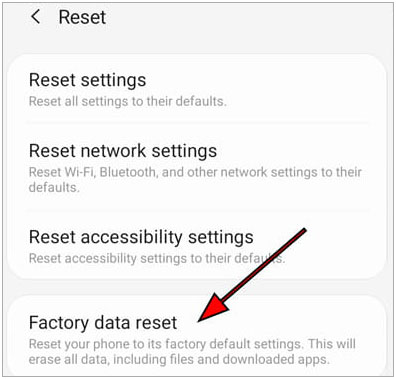
If none of the above methods achieve the desired results, please try using professional Android repair software to fix the recent Android update issues on your device. System repair should resolve system issues, including new Samsung update problems. Android Repair is an excellent software of this kind. It can fix all common Android issues, such as a black screen of death, inability to use the Play Store, app crashes, and phones stuck in a boot loop.
Main features of Android Repair
Follow this guide to fix your Samsung device's system:
01Download, install, and launch Android Repair on your computer. Connect your Samsung phone to your desktop device using a USB cable. Launch the application and go to "Repair" > "Android Repair".
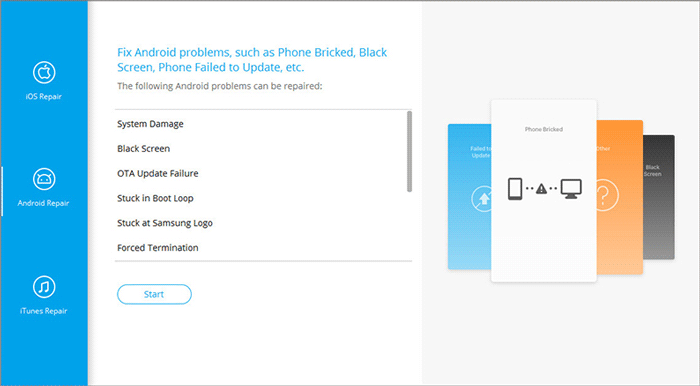
02The next step is to fill in your phone's information, such as brand, device name, model, country/region, and mobile carrier. Check the box next to the message "I agree to the warning and I'm ready to continue", and then click "Next".
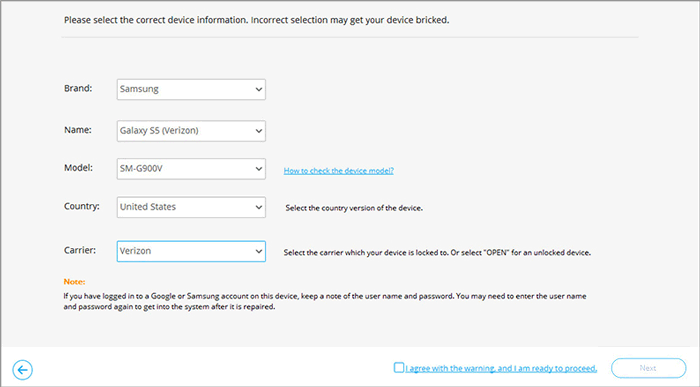
03Follow the prompts to enable Download Mode on your Samsung phone. Wait for the firmware to download, and once it's done, it will automatically initiate system repair to fix the latest Samsung update issues.
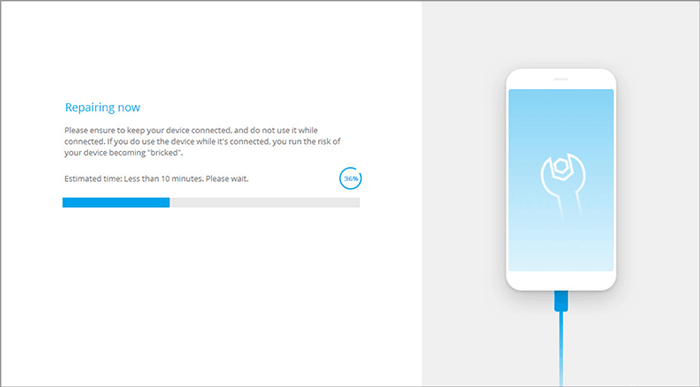
Performing a Factory Reset can restore your phone to its factory state and can also resolve Samsung update issues. However, this process will erase your data, so please back up your Samsung phone in advance. Then, you can choose to reset your phone using buttons or "Settings" according to your needs:
Step 1. Open "Settings" > "General Management" > "Reset".
Step 2. Tap "Factory data reset". Confirm and wait for the device to reboot.

Step 1. Turn off your phone.
Step 2. Press and hold the "Bixby/Home" button and the "Volume Up" button simultaneously.
Step 3. While still holding "Bixby" and "Volume Up", press and hold the "Power" button.
Step 4. Release all buttons when the recovery menu appears.
Step 5. Use the "Volume Down" button to navigate to the "wipe data/factory reset" option.
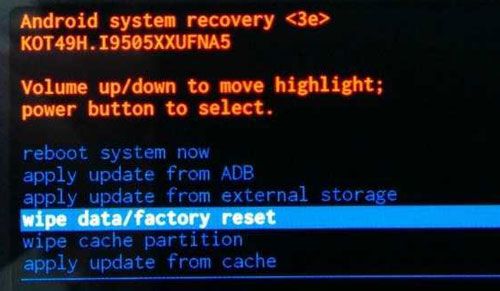
Step 6. Press the "Power" button to select "Wipe data/factory reset".
Step 7. Use the Volume Down button to select "Yes" and then press the "Power" button again to confirm your action.
By following the detailed solutions provided, you can restore your Samsung Galaxy device's performance. For the most effective results, we recommend using Android Repair for professional-grade repairs. Its user-friendly design and powerful features make it the ideal tool for addressing Samsung update issues.
Related Articles:
How to Fix Samsung Green Tint to Normal? Top 7 Solutions
Samsung Stuck on Logo: Causes and 6 Effective Solutions to Fix It
Your Samsung Phone Overheating? Learn Why and What to Do
Touch Screen Not Working on Samsung: 15 Reliable Solutions To Repair Screen